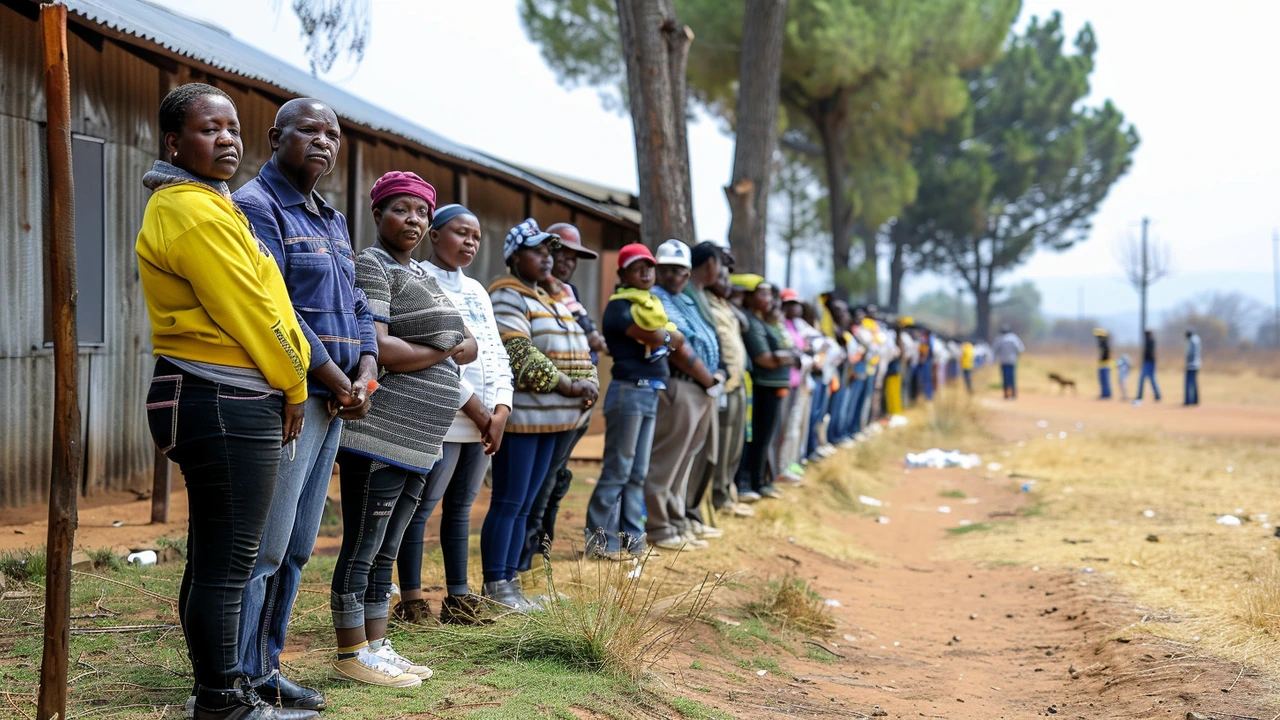Understanding Political Change: Why It Matters for Everyone
Political change isn’t just about elections or new leaders showing up. It’s about how the way a country or community runs can shift—sometimes slowly, sometimes fast. These shifts affect your daily life, from the laws that govern traffic to big issues like healthcare or education reform.
Why should you care? Because political change shapes the future. It decides who gets to make important decisions and how those choices impact opportunities, rights, and resources. Whether it’s a local protest, a new policy, or a major election, understanding political change gives you the power to stay informed and involved.
How Political Change Happens
Not all political change looks the same. Sometimes, it’s peaceful—like people voting in new leaders or lawmakers passing reforms. Other times, it can be unpredictable and intense, involving protests or shifts caused by crises. For instance, a community upset about public services might organize demonstrations that push officials to act.
Political change can also come from outside pressures, like economic shifts or global events influencing a country’s priorities. Knowing what sparks change helps you see patterns and anticipate what’s ahead.
What Political Change Means for You
At its core, political change is about power—who holds it and how they use it. It can open doors to new rights or close others. For example, budget decisions affect healthcare services or education funding, directly impacting families and individuals. Staying aware can help you voice your opinions or support causes that matter to you.
Plus, political change often affects communities differently. Some groups may gain while others face setbacks. Recognizing these effects means you can better understand the challenges neighbors face and possibly help drive fairer outcomes.
In short, political change is more than headlines; it’s about everyday life and future possibilities. Keeping an eye on it helps you not just react but be part of shaping a better tomorrow.
Mahikeng Electorate: Old and Young Voters Rally for Political Revolution
In Mahikeng, a diverse group of voters—including elderly citizens and first-time voters—gathered on May 29, 2024, to demand political change. A local voting station served over 3,000 registered voters, and many expressed a strong desire to end the ANC's rule, frustrated by unmet promises. Entrepreneurs seized the moment to sell snacks to queuing voters.

